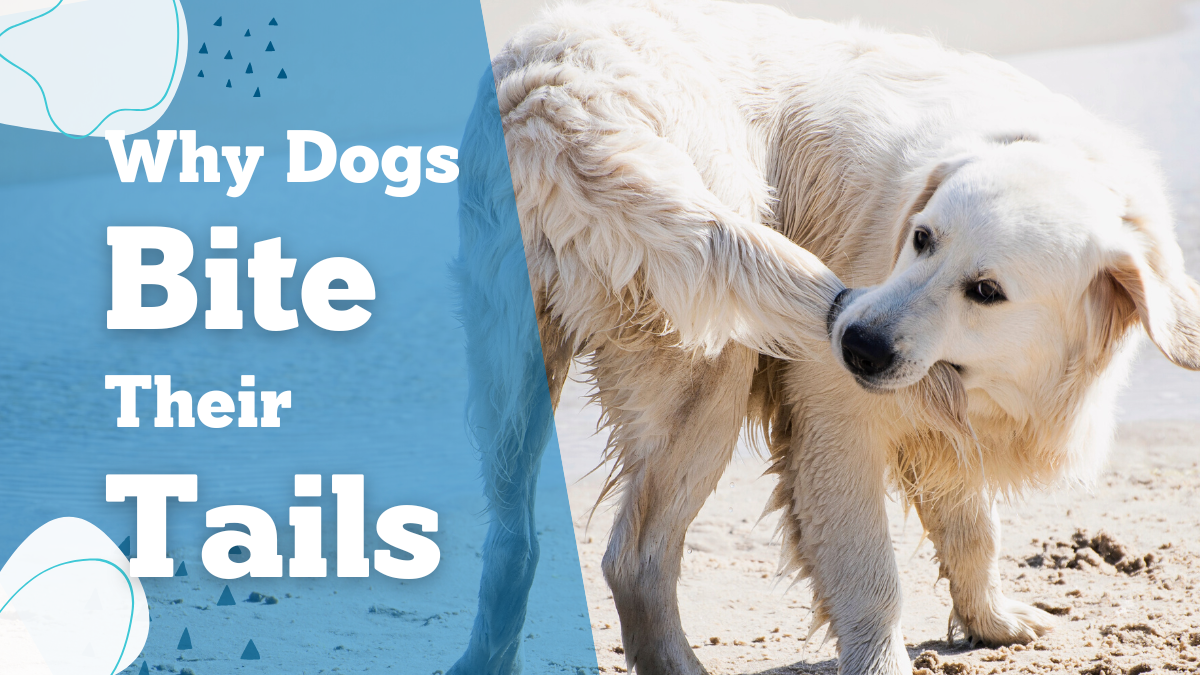Dogs are considered members of the family for many people, and when one is sick, it feels like a member of the family is too. Just as with humans, there are a variety of illnesses that can affect dogs. Some are common and easily treated, while others can be quite serious.
It is important to be able to identify when your dog is sick so that you can get them the treatment they need. In this article, we are going to talk about the things you need to know about distemper.
What is the canine distemper virus?
Canine distemper is a very contagious viral disease that affects dogs and other wild animals. The virus attacks the respiratory, gastrointestinal, and central nervous systems.
Symptoms of distemper can include fever, coughing, vomiting, diarrhea, and seizures. In severe cases, the canine distemper virus-CDV can cause brain damage and death. Dogs contract distemper through contact with respiratory secretions or feces from infected animals.
How does canine distemper spread
The canine distemper virus-CDV is spread through direct contact and airborne exposure from infected dogs, much like the common cold in people. When an infected dog, wolf, or other wild animal coughs, sneezes, or barks, he disperses aerosol droplets into the air, infecting nearby animals and surfaces like food and water bowls.
Contact with contaminated urine, blood, saliva, or respiratory droplets can also cause infections in animals. The most common form of transmission is droplets.

What are the distemper symptoms in an infected dog?
CDV initially affects the tonsils and lymph nodes, although distemper symptoms may be minor for the first 6 to 9 days. Dogs will begin to show symptoms of distemper following contact with an infected animal, including watery to pus-like discharge from the eyes.
Fever, nasal discharge, coughing, lethargy, loss of appetite, and vomiting soon follow. In severe cases, a dog may experience seizures, coma, or death. Distemper is not easily cured. especially in puppies. Early diagnosis and treatment are critical for the best chance of survival, be sure to see your vet as soon as you notice symptoms.
How is canine distemper treated?
Distemper is not curable but it can be treated. Treatment includes:
- Antibiotics: To prevent secondary infections.
- Intravenous fluids: To tackle dehydration
- Anti-seizure medication: To prevent seizures.
- Symptom treating medications: To control vomiting, diarrhea, and prevent secondary bacterial infections.
Dogs with severe distemper symptoms may require hospitalization and intensive care. With prompt treatment, most dogs recover from distemper. However, some dogs may develop neurological problems such as seizures which can be permanent.

How long does canine distemper last?
Recovery from distemper in dogs is usually lengthy and dependent on the dog's immune system and strain of the canine distemper virus. It might take up to two months to fully recuperate. The speed with which you react to potential signs of CDV also has an impact on your dog's chances of survival.
In some cases, the problem is resolved in 10 days. Other circumstances may produce neurological symptoms for weeks or even months afterward.
Preventing canine distemper and secondary bacterial infections in dogs
Distemper in dogs is an extremely contagious virus that can affect dogs of all ages, but it is most commonly seen in puppies and young unvaccinated dogs.
Prevention is by far the best option, and there are several ways to help prevent your dog from contracting this disease.
- Up-to-date distemper vaccinations for puppies and adult dogs
- Avoiding exposure to areas where other dogs have been infected
- Keeping your dog clean and healthy
- Early diagnosis and treatment if exposed
It is important for dog owners to keep their pets up-to-date on all of their vaccinations, including the distemper vaccine. Puppies should receive their first distemper vaccination at 6 to 8 weeks old and then again 3 to 4 weeks later.
Adult dogs should be vaccinated every 1 to 3 years, depending on how well they respond to the vaccine.
How does distemper in dogs spread?
Distemper in dogs is most commonly spread through the air, so it is important to keep your dog away from areas where other dogs have been infected.
If you must take your dog to an area where there has been an outbreak of distemper in dogs, make sure to keep it on a leash and away from other dogs.
Immune system and disease prevention
You can also help prevent canine distemper in dogs by keeping them clean and healthy.
A healthy dog's immune system is key to preventing any disease, so make sure your dog is getting plenty of exercise, a balanced diet, and regular vet check-ups.
If you think your dog might have been exposed to distemper, contact your veterinarian immediately.
Early diagnosis and treatment are critical to giving your dog the best chance of recovery.
Giving your pet a wash or a quick wipe down after interacting with other dogs is another way of helping prevent the spread of disease. (Just like washing your hands after interacting with others.)

Are there any long-term effects of distemper in dogs
In severe cases the virus can also damage the nervous system, causing seizures, paralysis, and even death. Although there is no cure for distemper in dogs, prompt treatment by a veterinarian can help to lessen the severity of the disease and improve the chances of survival.
There are some long-term effects that can occur in dogs who have had distemper. These can include seizures, paralysis, and damage to the nervous system. In some cases, these effects may be permanent.
It is important to get your dog to a veterinarian as soon as possible if you think they may have distemper so that they can receive the proper treatment and care.
What should you do if your dog contracts distemper?
Veterinarians will typically give your dog antibiotics to fight the infection, and may also prescribe other medications to help ease symptoms, prevent secondary bacterial infections, and speed up recovery.
In some cases, hospitalization may be necessary. With prompt treatment, many dogs make a full recovery from the distemper virus.
If you have any questions or concerns about distemper in dogs, or if you think your dog may have contracted the disease, talk to your veterinarian as soon as possible.

What is the prognosis for dogs with dog distemper?
In mild cases, dogs may recover completely with no long-term effects. However, in severe cases, dogs may experience lifelong neurological problems such as seizures or paralysis.

Can humans get dog distemper?
The distemper virus is able to survive in the human body, although it has not yet evolved the ability to infect and replicate human cells. However, even if your dog has distemper and shows no signs of illness, you can become a carrier.
If you have a dog with distemper, immunize any other dogs that may come into your home against the virus to avoid an outbreak.
Now that you know all there is to know about dogs with distemper, it's important that you take the necessary precautions to keep your pet safe from these infectious diseases.
Make sure you are up-to-date on all of your dog's vaccines and get them vaccinated for distemper as well.
If you think your dog may have come into contact with a dog with distemper, contact your veterinarian immediately.
Share:












